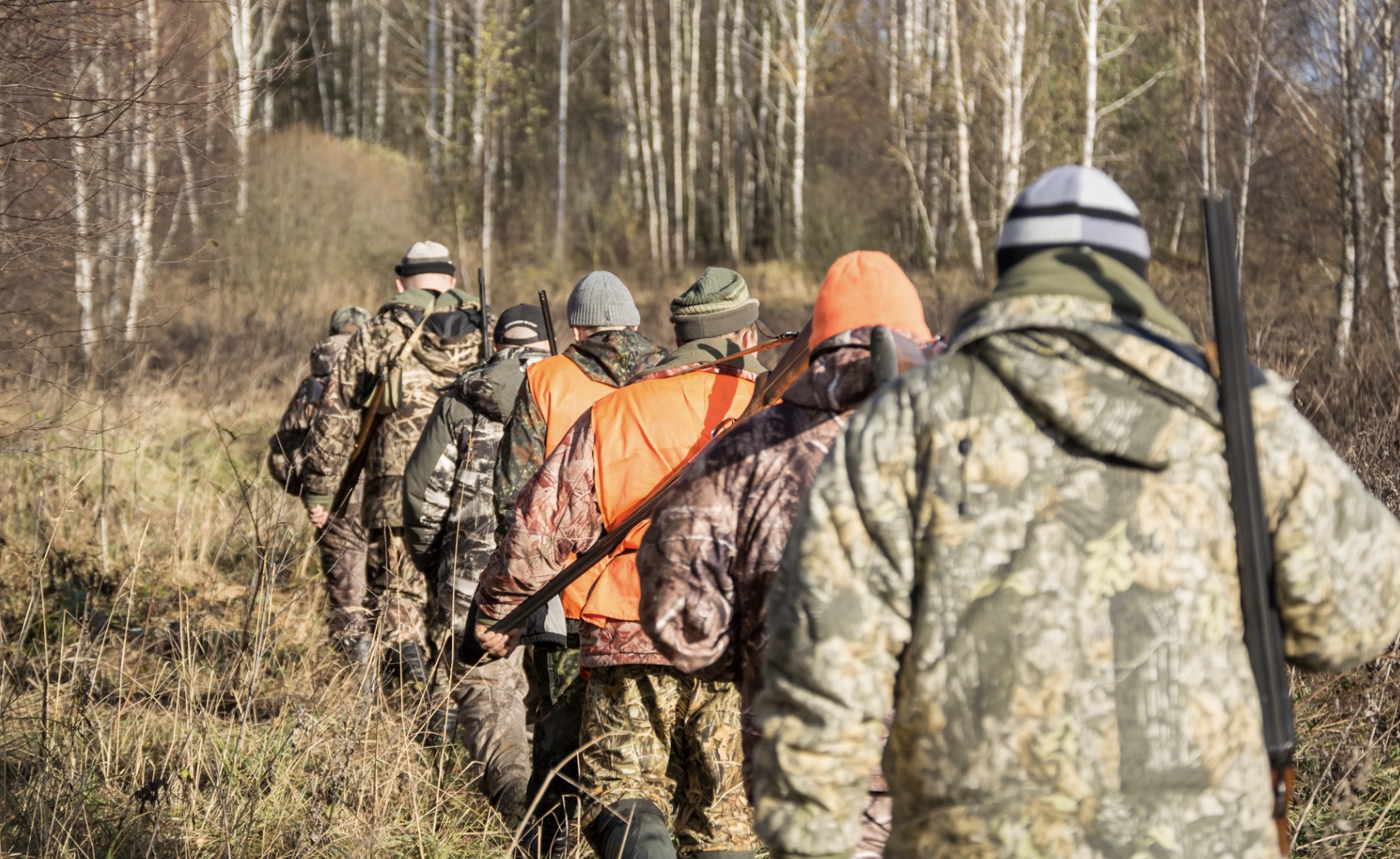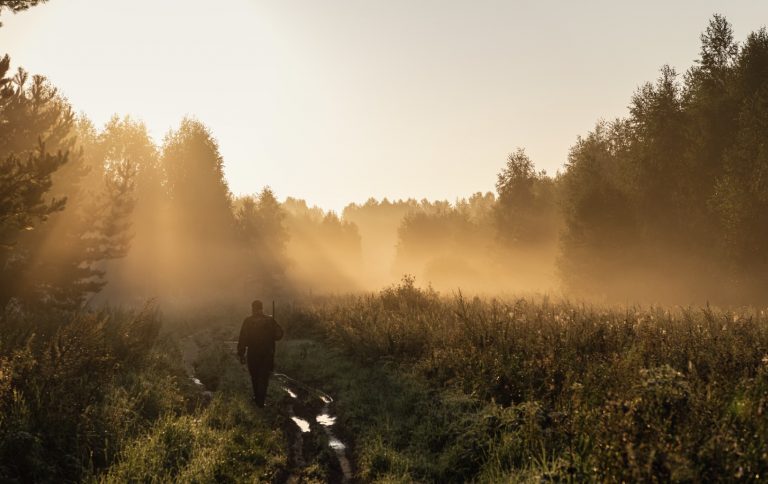Over the years, the popularity of leasing private land for hunting has significantly increased. Property owners are now realizing that their unused or vacant land holds untapped potential, serving as a lucrative source of additional income and playing a vital role in wildlife conservation efforts.
A hunting land lease is a binding legal agreement that allows individuals or hunting clubs to hunt on a landowner’s property for a specified period. In return, the landowner receives compensation, and their land is managed and maintained, often promoting healthier habitats and ecosystems.
Regardless of the size or location of your property, leasing land for hunting is a worthwhile consideration. This article presents a guide on transforming your property into a thriving hunting lease.

Story Stages
1. Understand Your Land’s Hunting Potential
Foremost, landowners should evaluate the hunting potential of their property. Not all land is equally appealing to hunters, and the type of game available significantly influences its attractiveness.
Local wildlife populations, topography, vegetation, and accessibility of the land play a crucial role in determining its suitability for hunting.
Hiring a wildlife biologist or a land management consultant to assess your property may be beneficial. These professionals can objectively view the land’s potential and suggest enhancements to increase its appeal to hunters. This could include actions like establishing food plots, improving habitats, or adding water sources.
2. Set Your Lease Terms
When leasing your land for hunting, setting clear lease terms is paramount. These terms define the rights and responsibilities of both the landowner and the lessee.
They should detail aspects like lease duration, allowed hunting methods, game species included, number of hunters allowed, and property maintenance responsibilities. A well-structured lease agreement should also cover liability and insurance issues.
It’s advisable to consult with a legal expert to ensure the lease terms protect your interests adequately and comply with local regulations. Comprehensive lease terms ensure smooth operations and prevent future disputes.
3. Price Your Hunting Lease
Appropriately pricing a hunting lease is essential to attract interested parties. The pricing may depend on the size of the land, quality of hunting, amenities available, and the local market rate for hunting leases.
Thoroughly investigating the local market to understand comparable rental rates is essential to competitively price your hunting lease, maximizing your income potential while ensuring it remains attractive to potential lessees.
If your property has special features like an abundance of popular game species or exceptional facilities, you might be able to charge a premium. However, overpricing may deter potential lessees, while underpricing could result in missed income opportunities.
4. Market Your Hunting Lease
Successful marketing of your hunting lease helps you attract a pool of interested and responsible hunters. Listing your property on platforms specializing in hunting leases, such as online hunting forums or hunting lease broker websites, can get your offer in front of the right audience.
In addition, consider using social media and local community networks to advertise your lease. Providing detailed descriptions and high-quality photographs of your property can help hunters see its potential. Positive testimonials from previous lessees can also enhance your property’s appeal.
5. Screen Potential Lessees
Finding the right hunters to lease your land to is as important as the land itself. An ideal lessee is someone who respects your property and abides by the lease agreement. Conduct thorough background checks, including previous hunting records and references.
In addition to ensuring potential lessees have a clean legal record, gauging their attitudes towards wildlife management and land stewardship is beneficial. Sharing mutual respect for the land and wildlife can lead to a successful long-term leasing relationship.
6. Manage Your Land And Lease
After leasing out your land, your responsibilities do not end. Regular inspection and management of the land are crucial to ensure its sustainability. This could involve tasks like habitat enhancement, pest control, and maintenance of access roads and fences.
Furthermore, regular communication with your lessees can prevent misunderstandings and disputes. Review the lease terms with them periodically and ensure they adhere to them. It’s essential to be proactive in managing the lease to ensure both parties reap maximum benefits.
6. Review And Renew The Lease
Once the lease term ends, it’s important to review its success. Consider whether your expectations were met, both in terms of financial gain and property management. Seek feedback from your lessees about their experiences and any improvements they suggest.
If you decide to renew the lease, consider if any terms need to be adjusted to reflect changes in wildlife populations, property conditions, or market rates. A thoughtful review and renewal process helps ensure continued success in leasing your land for hunting.
Conclusion
Leasing your land for hunting is a mutually beneficial practice providing extra income and promoting sustainable land use.
By understanding your land’s hunting potential, setting clear lease terms, pricing your lease appropriately, marketing effectively, screening potential lessees, managing your land and lease, and reviewing and renewing the lease, you can successfully navigate the process of leasing your land for hunting.
